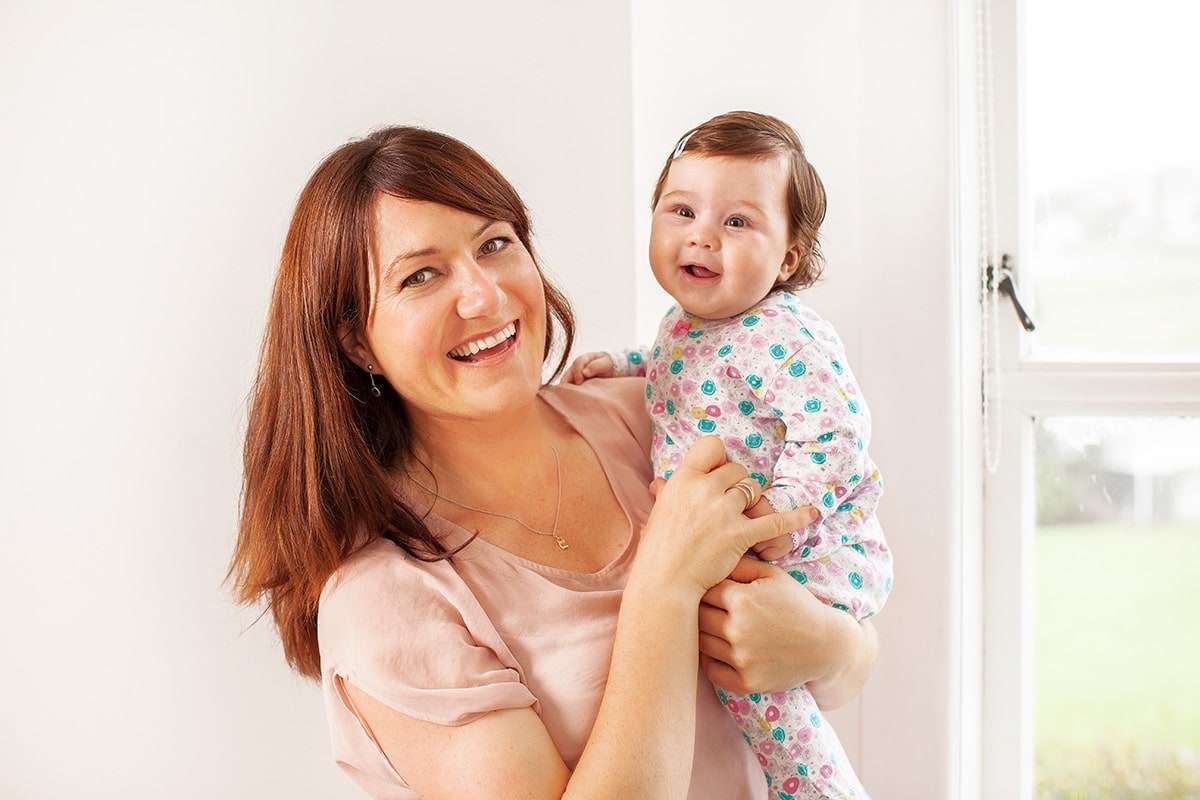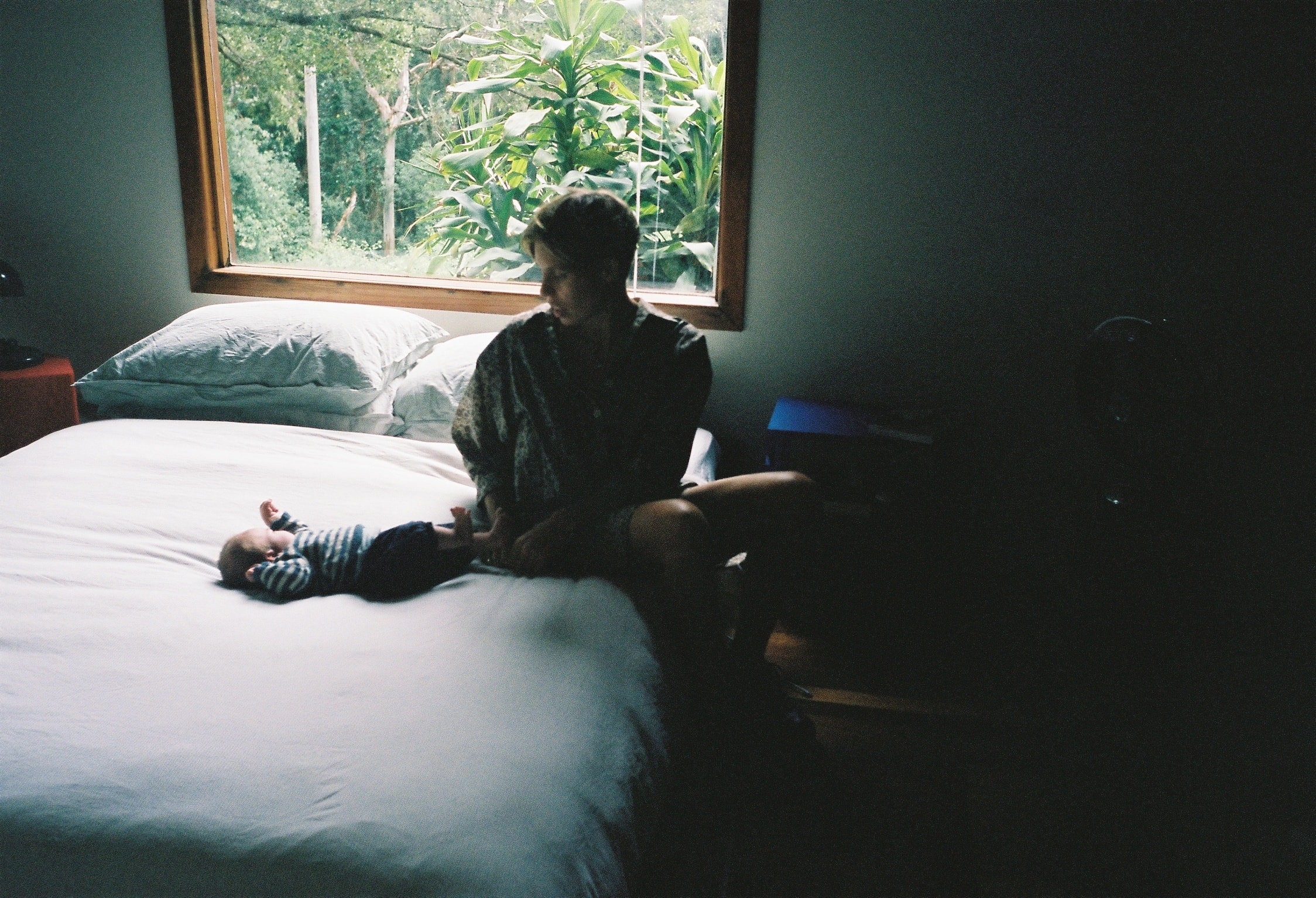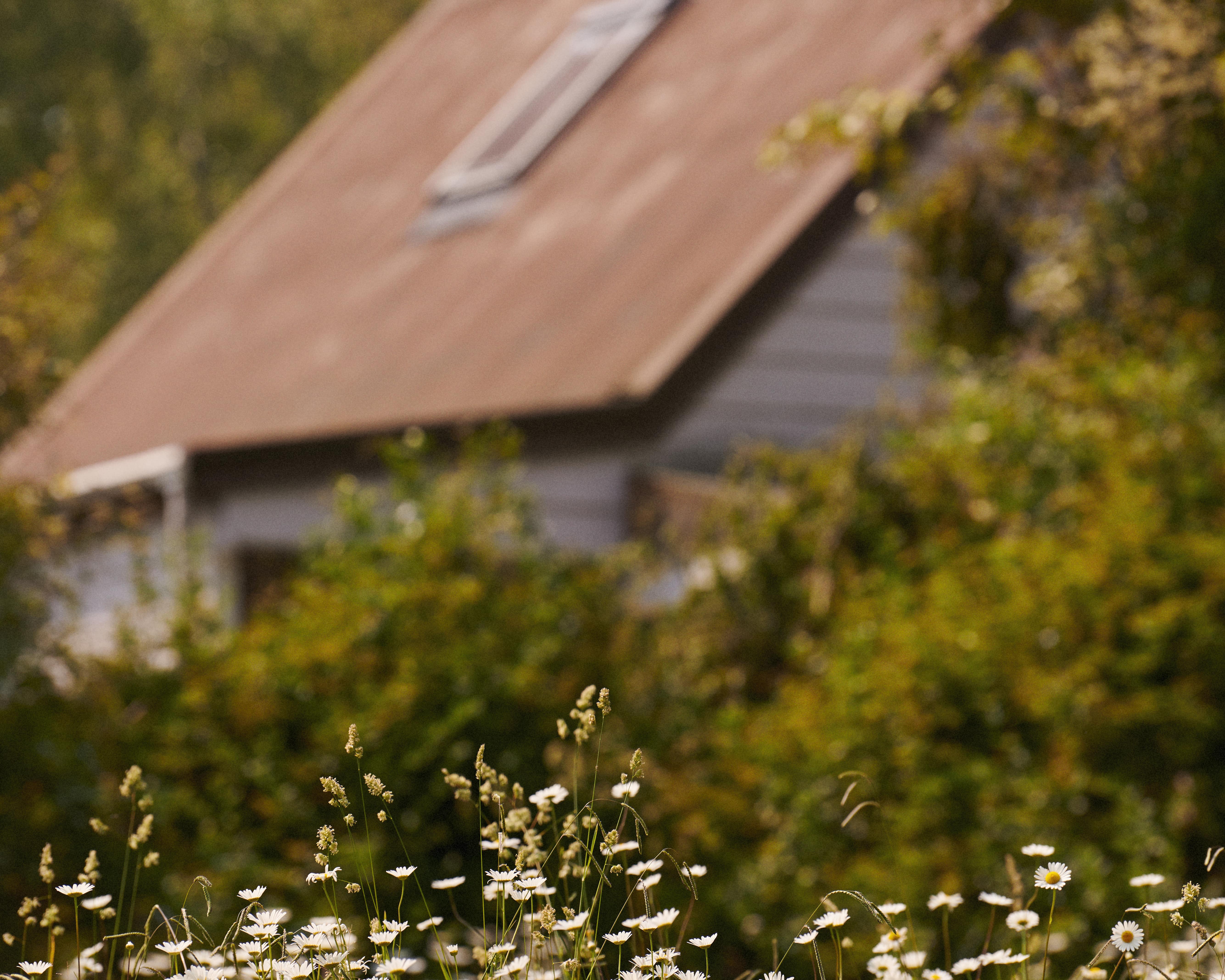This will ensure you receive shipping options, localised offers and currency.

Q&A with Sharlene Poole
Baby expert Sharlene Poole chatted to our community via Instagram Live, answering your most important questions. Here we share what she chatted about.
What are some suggestions to create a day/night difference for babies?
Start early on by understanding how much sleep your baby needs in the day to be tired enough to sleep at night as some babies sleep all day and then are awake all night! This does mean waking babies during the day in some cases, other babies are natural routine makers. Be consistent with your days where possible. At night try not to engage with your baby too much, talking quietly and slowly and keep lights dim when feeding and changing.
At what age can you start a routine with your baby, and what are some habits to include in their routine?
You usually look at starting a routine around 3-6 weeks subject to your expectations. Of course, if your baby shows signs as early as 3 weeks as this usually means they may be spirited and sensitive and in that case they thrive on consistency/ routine. However you will be recommended to feed on demand and therefore it is important you follow the right routine for your baby.
Some habits that become comforting for them are:
- Reading to them after their bath and milk feed.
- When settling them you can have a little song you sing to them every time you wrap them and cuddle before they go to sleep.
- Having bath time roughly the same time most days.
At what age can I start incorporating “self-soothe” techniques? Will this help my little one fall back asleep on their own?
This is a hard question because every baby is different and some babies self soothe from very very early on but then later need assistance, even as late at 9 months. This can often be brought on by a developmental change and or teething or travel. But if I think about an average age, it is usually around 6-12 weeks if you do it slowly and gently. If you start early using a very gently method, you are likely to set a great foundation for their future and enjoying sleep. Start putting them to bed a bit more awake so being consciously more aware that they are not falling asleep on the breast if you are feeding them before sleep or if they need a bit of a rock, you might only rock them until they are little bit dozy and pop them down. But do it very gently and very softly so if they start crying, you can pick them up to start off with. If you do it gently and softly from quite early on, by the time they are actually closer to three to four months then they will sort of trust the whole process of going to bed.
When it comes to resettling, particularly at night but it may be that little one is waking due to having too much sleep during the day, or their wake time might not be long enough, so it may not be a settling issue.
Our gentle toddler has started biting us, we have a newborn. What should we say/do when he does this?
This is a very common thing to happen due to their emotional adjustment with having a sibling and having to share your love. It can be a very challenging time for some toddlers. Also it often coincides with teething, cutting their molars and therefore they are feeling like biting something. Try not to tell them off because it is a cry out for attention. Start by saying something like “Hey, please don't bite mummy, that hurts mummy and makes me sad”. Then move off and try and immerse them into an activity that will distract them but reassure him that you still love him. Think about then what time of day it is occurring and what is happening at the time when they do it, i.e. while you are feeding or winding your baby? Then try to work out what you could do differently to avoid feeling frustrated. It might be that you can get them more involved, helping with bathing, passing nappy equipment or looking at setting up some new activities like trains, play doh, music etc.
Tips for toddlers who “muck around a lot” at bedtime?
Check that they are going to bed at the right time for their personality and age and you are not being just led by routine instead! Try not to engage too much with them after you have said goodnight, conversations that go on too long or requests for this and that will only work at keeping them awake. Try to repeat the same words like “lay down sleep time, good boy, see you in the morning”.
What are your thoughts on sleep aides, i.e. white noise, cuddling to sleep then transferring to crib, black-out curtains, etc?
Some babies need the help because they are sensitive and often light sleepers, while others can sleep through everything without any white noise. Quite early on I would usually only suggest using white noise in the day and not at night but in some cases it is needed in the early hours if restless or if noisy neighbours/partner/siblings.
Thanks Sharlene for sharing your knowledge with us, we hope this helps answer some questions you may have! Be sure to join us on instagram for a series of sharing and learning, @naturebabynz in the coming weeks for more advice and support from our team of experts xx Nb






